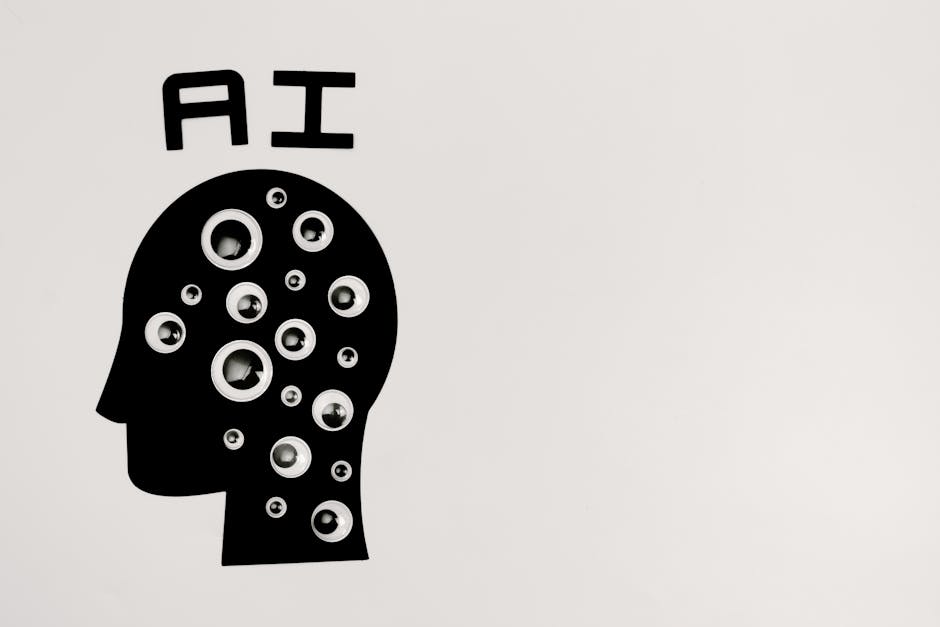AI Revolutionizes Hospitality in 2025: A Sector-Wide Transformation
The hospitality industry in 2025 is undergoing a significant transformation driven by the rapid integration of artificial intelligence (AI). From personalized guest experiences to streamlined operations, AI is proving to be a game-changer, impacting everything from hotel bookings to customer service and resource management. This widespread adoption presents both opportunities and challenges for hotels of all sizes, necessitating strategic planning and adaptation to remain competitive.
AI-Powered Personalization: Tailoring the Guest Experience
AI algorithms are revolutionizing guest personalization, moving beyond simple preference tracking. Sophisticated systems analyze vast datasets encompassing guest history, online behavior, and real-time feedback to anticipate individual needs and preferences. This allows hotels to offer bespoke services, from customized room amenities to personalized recommendations for local attractions and dining options. This level of personalization fosters enhanced guest loyalty and positive word-of-mouth referrals, crucial for success in a highly competitive market.
Impact on Customer Service and Revenue
The ability to predict and cater to individual guest needs directly impacts customer satisfaction and revenue. Hotels equipped with advanced AI systems can proactively address potential issues before they escalate, improving guest experience scores and reducing negative reviews. This proactive approach leads to higher occupancy rates and average daily rates (ADR), ultimately boosting profitability. The use of AI-powered chatbots further enhances customer service, providing 24/7 support and instant responses to guest queries.
Streamlining Operations: Efficiency and Cost Savings
Beyond guest-facing applications, AI is dramatically improving operational efficiency within hotels. AI-powered systems optimize energy consumption, reducing utility costs and minimizing the hotel’s environmental footprint. These systems can monitor and adjust temperature, lighting, and other energy-intensive elements based on occupancy and real-time data, leading to substantial cost savings. This is particularly crucial in 2025, as energy costs remain a significant operating expense for hotels.
Improved Resource Allocation and Predictive Maintenance
AI also enhances resource allocation. Predictive maintenance systems, powered by AI, analyze equipment performance data to predict potential failures and schedule maintenance proactively. This minimizes downtime, reduces repair costs, and extends the lifespan of equipment. AI also assists in optimizing staffing levels, ensuring sufficient personnel are available to meet fluctuating demand while avoiding overstaffing. This strategic use of AI contributes to enhanced operational profitability.
The Rise of AI-Driven Revenue Management
In 2025, AI plays a pivotal role in revenue management strategies. Sophisticated algorithms analyze various factors, including real-time demand, competitor pricing, and historical data, to dynamically adjust room rates and maximize revenue. This data-driven approach ensures hotels capture optimal pricing based on current market conditions and guest preferences. This approach is crucial for navigating the complexities of fluctuating seasonal demand.
Dynamic Pricing and Yield Management
The precision and speed afforded by AI-driven revenue management far surpass traditional methods. Hotels can quickly adapt to unexpected market shifts, such as sudden increases or decreases in demand, optimizing pricing and maximizing revenue yield. This eliminates reliance on human intuition and speeds decision-making, ensuring hotels remain competitive and agile. The resulting optimized revenue flow directly impacts profitability.
AI and the Future of the Hospitality Workforce
The integration of AI into the hospitality sector prompts questions regarding its impact on the workforce. While some roles may be automated, AI is creating new opportunities and transforming existing ones. Hotel staff can focus on higher-value tasks, such as providing personalized guest services and building stronger relationships with customers. This shift empowers employees to engage in more fulfilling and rewarding work.
Reskilling and Upskilling Initiatives
To address potential job displacement, the hospitality industry is investing in reskilling and upskilling programs. Training initiatives focus on equipping employees with the necessary skills to work alongside AI systems and leverage its capabilities to enhance their performance. This shift towards a human-AI collaborative model ensures that the workforce remains relevant and valuable in the evolving landscape.
Challenges and Ethical Considerations
Despite the numerous benefits, integrating AI in hospitality also presents challenges. Data privacy and security are paramount concerns, requiring robust security measures to protect sensitive guest information. The ethical implications of using AI to personalize experiences must be carefully considered, ensuring transparency and avoiding potential biases.
Key Takeaways and Future Outlook for 2025
- AI-powered personalization is transforming guest experiences, leading to higher satisfaction and loyalty.
- AI streamlines operations, reducing costs and improving efficiency across various departments.
- AI-driven revenue management optimizes pricing and maximizes profitability in a dynamic market.
- The hospitality workforce is adapting, with reskilling initiatives mitigating potential job displacement.
- Data privacy and ethical considerations are critical factors in responsible AI implementation.
The hospitality industry in 2025 is witnessing a profound transformation fueled by the advancements in AI technology. While challenges exist, the opportunities presented by AI-driven innovations are reshaping the future of the sector, promising enhanced guest experiences, streamlined operations, and increased profitability for hotels embracing this technological evolution. The successful integration of AI will require careful planning, strategic investment, and a proactive approach to addressing the ethical implications and workforce challenges associated with this transformative technology.

